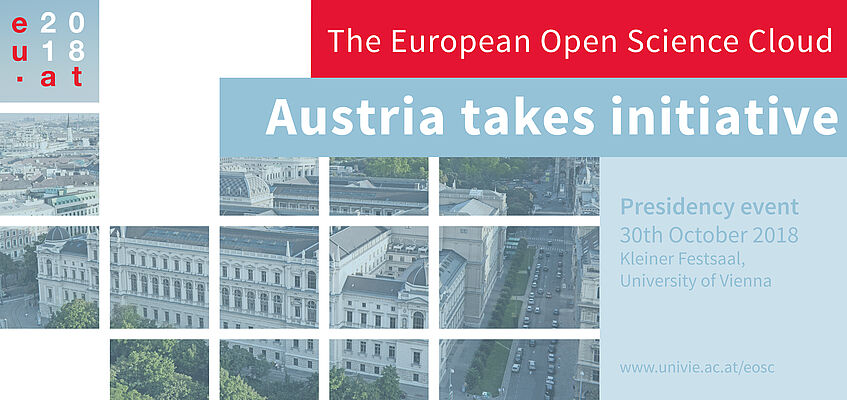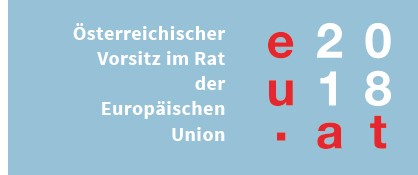
The European Open Science Cloud (EOSC)
The idea of a European Open Science Cloud (EOSC) emerged in 2015 as the European Commission’s vision of an integrated transnational research infrastructure to support and promote open science and innovation in Europe and beyond. The EOSC federates existing scientific data systems to offer science and technology professionals unprecedented access to storage, management, analysis, and re-use of research data and services that have been historically confined within geographic borders or scientific disciplines. The EOSC envisions establishing a European data infrastructure, integrating high-capacity cloud solutions, eventually widening the scope of these services to include the public sector and industry.
Several important EOSC milestones will occur during the Austrian EU presidency in the second half of 2018. One of these events will be a conference showcasing European and Austrian organizations, infrastructure projects, and data initiatives—the material foundations on which the EOSC infrastructures will be built—that embody the EOSC themes of Governance & Funding, Data Culture and FAIR Data, and Services and Architecture.
The Conference
The Presidency event "The European Open Science Cloud: Austria takes initiative" will be held on 30 October 2018 at the University of Vienna. It will be a full-day event, covering all aspects of existing national and regional EOSC-ready programs. The session will be concluded with a panel discussion on how the EOSC can be implemented effectively at the Member State level. The conference will take place at the University of Vienna and is organized in collaboration with a team of senior experts of the Library and Archive Services of the University of Vienna, the Vienna University Computer Center, the Center for Research Data Management of TU Wien, the Austrian Federal Ministry of Education, Science and Research - BMBWF/ unit responsible for technical science and the European Commission.
Organizers
Austrian Federal Ministry of Education, Science and Research (BMBWF),
University of Vienna,
TU Wien,
European Commission
